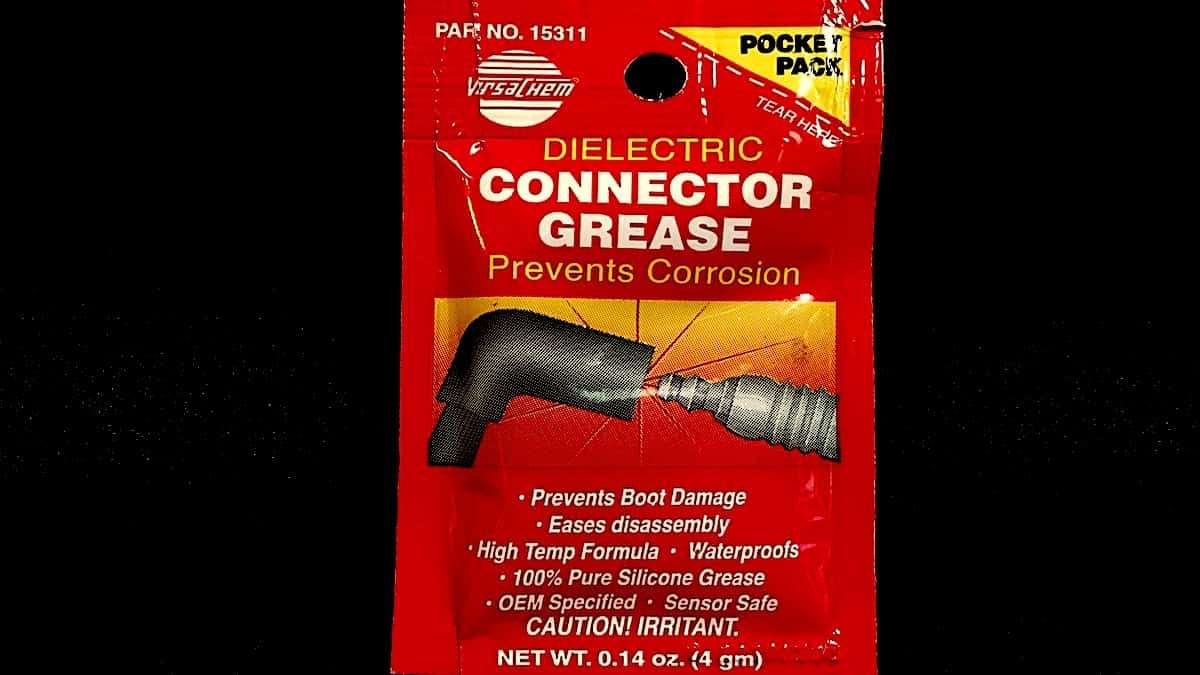Common mistakes when replacing spark plugs include over-tightening, using incorrect plug gap, and failure to properly torque them. When replacing spark plugs, it is crucial to follow manufacturer specifications, torque settings, and use the correct tools to avoid damaging the plugs or engine components.
Remember to consult your vehicle’s manual for guidance on the proper spark plug replacement procedure. Also, ensure the engine is cool before starting the replacement process to prevent burns or accidents. By being mindful of these common mistakes and following the necessary steps, you can successfully replace spark plugs without any issues or complications.

Credit: www.amazon.com
Not Tightening The Spark Plugs Properly
Insufficient Tightening Can Cause Misfiring
If spark plugs are not tightened enough, the electrodes may not make proper contact, leading to misfires.
Potential Damage To The Engine
Failure to tighten spark plugs can result in them coming loose during operation, potentially causing severe damage to the engine.
Credit: www.autozone.com
Using Incorrect Spark Plugs
Using incorrect spark plugs can lead to various issues with your vehicle’s performance and efficiency.
Compatibility Issues
Compatibility issues arise when the spark plug is not the right size or type for your vehicle.
Suboptimal Performance And Decreased Fuel Efficiency
Suboptimal performance and decreased fuel efficiency can occur when the spark plug is not designed to work efficiently with your engine.
Forgetting To Gap The Spark Plugs
Common mistakes when replacing spark plugs include forgetting to gap them. This can lead to poor engine performance and misfires. Be sure to check the gap and adjust accordingly to ensure optimal spark plug function.
Impaired Combustion
One of the most common mistakes people make when replacing spark plugs is forgetting to gap them. Ignoring this crucial step can lead to impaired combustion in the engine, causing a variety of issues. Properly gapping the spark plugs ensures that the spark created by the ignition system is the correct size and intensity, allowing for optimal fuel combustion. When the spark plugs are not properly gapped, the combustion process is affected, which can result in decreased power, reduced fuel efficiency, and increased emissions.
Rough Idling And Poor Acceleration
When spark plugs are not correctly gapped, it can also lead to rough idling and poor acceleration. The engine’s ability to start smoothly and maintain a steady idle is dependent on the consistent and reliable ignition of the fuel-air mixture. If the spark plugs are not properly gapped, the spark may not be strong enough or may not occur at the right time, resulting in a rough idle. Additionally, inadequate spark plug gaps can also hinder the engine’s ability to deliver power efficiently, leading to sluggish acceleration and reduced overall performance.
It is important to emphasize the significance of properly gapping spark plugs when replacing them. Neglecting this step can have negative consequences on the engine’s combustion process, fuel efficiency, and overall performance. To avoid impaired combustion, rough idling, and poor acceleration, take the time to ensure that the spark plugs are correctly gapped according to the manufacturer’s specifications before installing them in your vehicle.
Neglecting To Replace Other Worn Components
When replacing spark plugs, it’s crucial not to overlook the condition of other worn components in the ignition system. Neglecting to replace these worn parts can lead to continued poor performance and potential damage to the newly installed spark plugs.
Damaged Ignition Wires
Ignition wires are prone to wear and tear over time, leading to cracks, fraying, or damage to the insulation. Failure to replace damaged ignition wires can result in inconsistent spark delivery to the spark plugs, hindering overall engine performance.
Defective Ignition Coils
Defective ignition coils can cause misfiring, rough idling, and poor fuel efficiency. Ignoring the replacement of faulty ignition coils can diminish the effectiveness of the new spark plugs and result in ongoing ignition system issues.
Overlooking Regular Maintenance
Neglected Spark Plug Replacements
Ignoring regular spark plug replacements can lead to decreased fuel efficiency and poor engine performance. Over time, old spark plugs will accumulate carbon deposits and wear out, leading to misfires, rough idling, and difficulty starting the engine. It’s important to replace spark plugs at the manufacturer’s recommended intervals to ensure optimal engine operation and fuel economy.
Increased Risk Of Engine Problems
Failure to address regular spark plug maintenance can result in a variety of engine issues. From increased fuel consumption and emission levels to engine misfires and potential damaged catalytic converters, neglecting spark plug replacements can significantly impact the overall performance and longevity of your vehicle. By staying proactive with spark plug maintenance, you can avoid costly repairs and enjoy a smoother driving experience.

Credit: www.torquenews.com
Frequently Asked Questions Of What Are Common Mistakes When Replacing Spark Plugs?
What Not To Do While Changing Spark Plugs?
Avoid over-tightening spark plugs, using incorrect socket size, not applying anti-seize compound, forcing plugs into the cylinder head, and not checking gap specifications.
Can Anything Go Wrong When Changing Spark Plugs?
While changing spark plugs, issues may arise like overtightening threads, incorrect gap setting, or damaging the plug.
How Do You Know If You Installed Spark Plugs Correctly?
To ensure correct installation of spark plugs, follow these steps: 1. Use the correct plug for your vehicle. 2. Hand-tighten the plugs into the cylinder head. 3. Use a torque wrench to secure them firmly. 4. Connect the spark plug wires in the correct order.
5. Start the engine to verify proper functioning.
How Do You Know If Spark Plugs Were Put In Wrong?
Incorrectly installed spark plugs may cause rough idling, engine misfires, and poor acceleration. This can lead to decreased fuel efficiency and potential engine damage. If you notice these issues after spark plug replacement, it’s likely they were installed improperly.
Conclusion
It is essential to be aware of the common mistakes that can occur when replacing spark plugs to ensure optimal performance and avoid potential issues. By carefully following the manufacturer’s guidelines, using the correct tools, and being mindful of torque specifications, you can successfully replace spark plugs without causing damage to the engine.
Regular maintenance and attention to detail will contribute to a smooth-running vehicle and prevent costly repairs in the long run.
